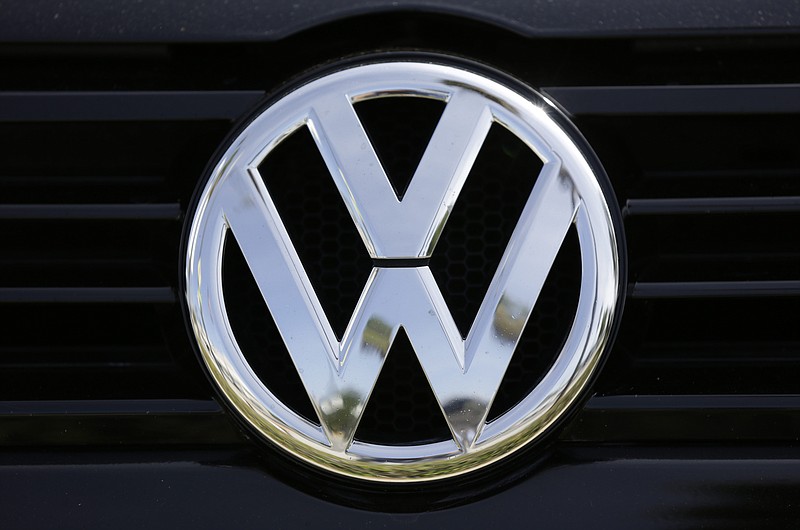Broadening the potential impact of Volkswagen's appeal of the union election at its Chattanooga plant, three national business groups are supporting VW and worry the case's legal standard could cripple employers.Our Tennessee members are very concerned.
If the election that approved a so-called micro-unit of workers at the plant is allowed to stand, it would encourage unions to repeat it in thousands of other factories, a legal brief to the National Labor Relations Board said.
Such small bargaining units could cause "endless negotiations, conflicting union demands and contract obligations, and burdensome administrative duties," the brief said.
The groups, the National Association of Manufacturers, the National Federation of Independent Business and the Coalition for a Democratic Workplace, said they represent hundreds of thousands of companies in a variety of business sectors in all 50 states.
Karen Harned, executive director of the NFIB's small business legal center, said the precedent set by an NLRB regional director's ruling to hold the VW election last month is "very troubling." She said groups as small as restaurant busboys could form micro-units.
Harned said the regional director used "a loose standard" that failed to meet even existing labor law handed down in the Specialty Healthcare case decisions which support smaller units.
"Our Tennessee members are very concerned," she said.
Maintenance, or skilled trades, workers at VW voted 108-44 last year to align with the United Auto Workers for collective bargaining purposes.
VW asked in an appeal of the Dec. 3 and 4 vote that regulators scrap the Specialty Healthcare cases on which the UAW based much of its legal footing.
However, the union argued in a response thatthe NLRB rightly decided that 164 maintenance workers at the 2,500-person VW plant constitute a bargaining unit.
UAW Local 42 lawyers said the maintenance workers are "an appropriate unit under the standards set in Specialty Healthcare because the skilled workers are readily identifiable as a group, share a community interest and do not share an overwhelming community of interest with production employees.
Gary Casteel, secretary-treasurer of the UAW, said earlier that the union is "disappointed that Volks- wagen continues to argue against employees' rights that clearly are protected under federal law."
The UAW has filed an unfair labor charge against VW, claiming the automaker refuses to enter into collective bargaining with the unit.
VW is asking the NLRB to hear the appeal and then overturn the regional director's decision. The company has said that all the production workers at the plant should be allowed to vote. The UAW lost a February 2014 election of the production employees by a margin of 712 to 626.
The business groups said in their brief that the regional director's decision "certified a fractured unit of maintenance workers that undermines industrial peace and would frustrate the possibility of effective collective bargaining."
In a situation where a business is faced with multiple units, each perhaps represented by a competing union, the rules will prevent or greatly complicate the ability to cross-train employees, the brief said.
"Employees would be reduced to micro-units , thus reducing skill building, training and job opportunities ," it said. "The impact on business productivity and competitiveness would be significant."
The brief said the NLRB should at a minimum grant a review of the decision "to correct errors in the regional director's decision." It also said the board should use the VW case to re-examine the Specialty Healthcare standard.
Contact Mike Pare at mpare@timesfreepress.com or 423-757-6318.
